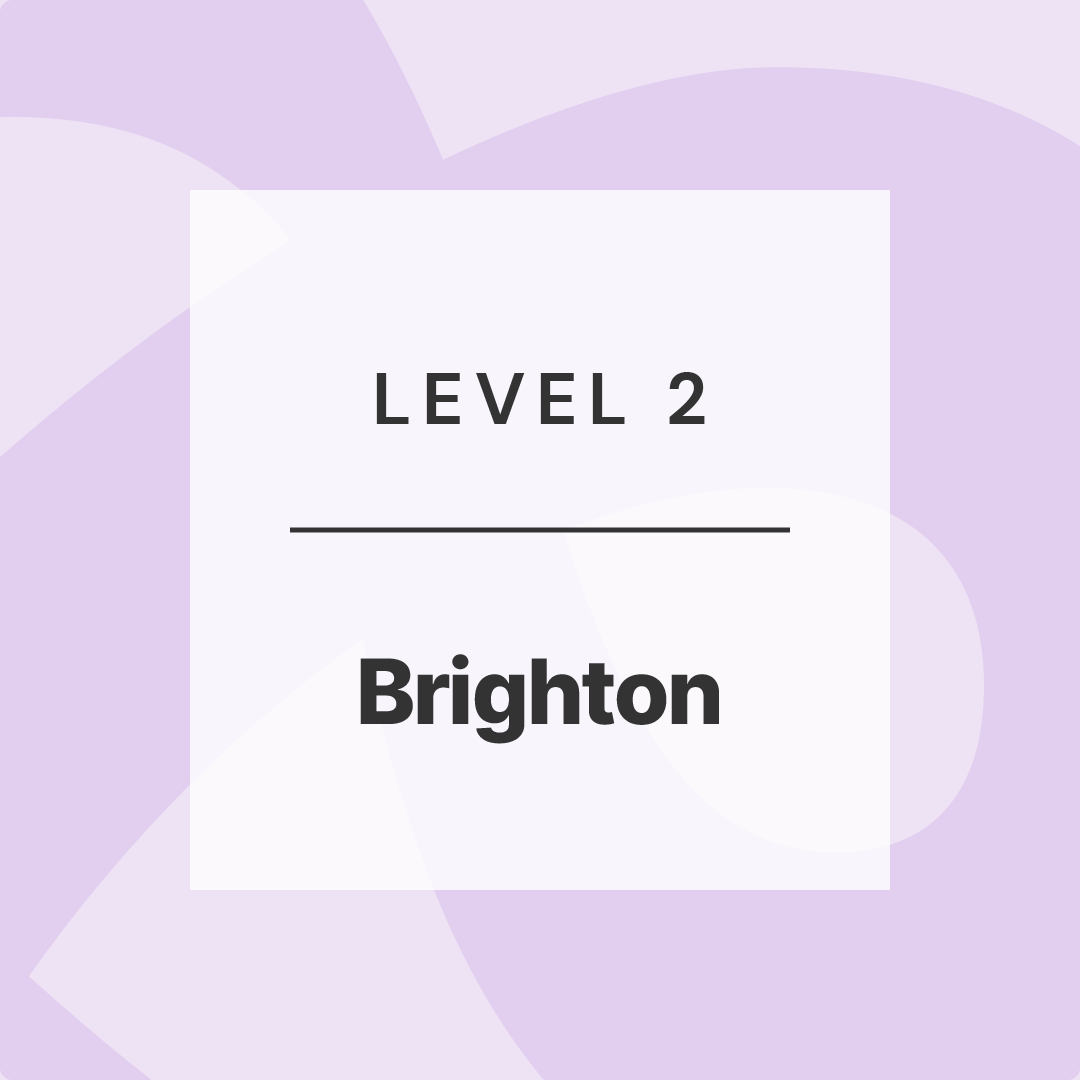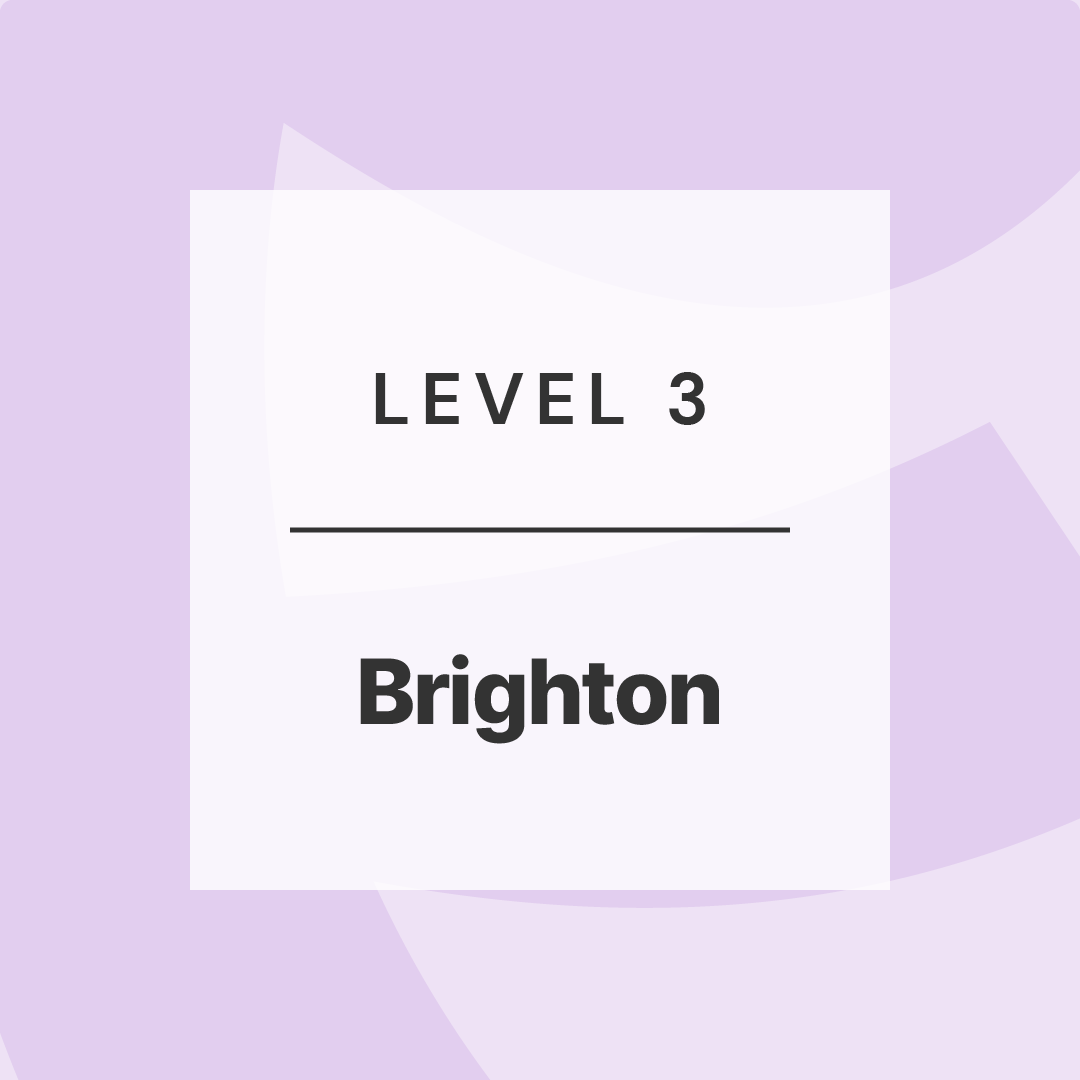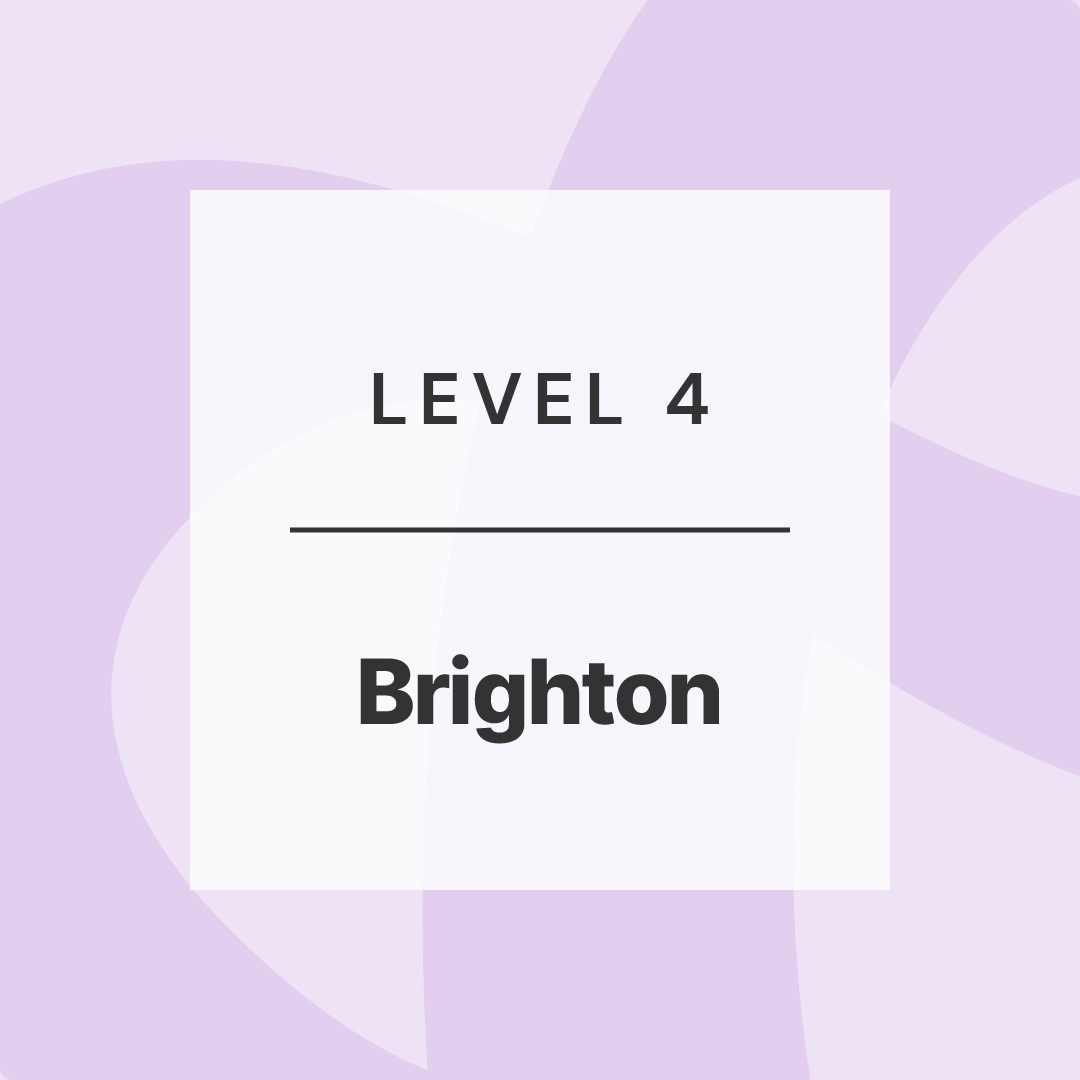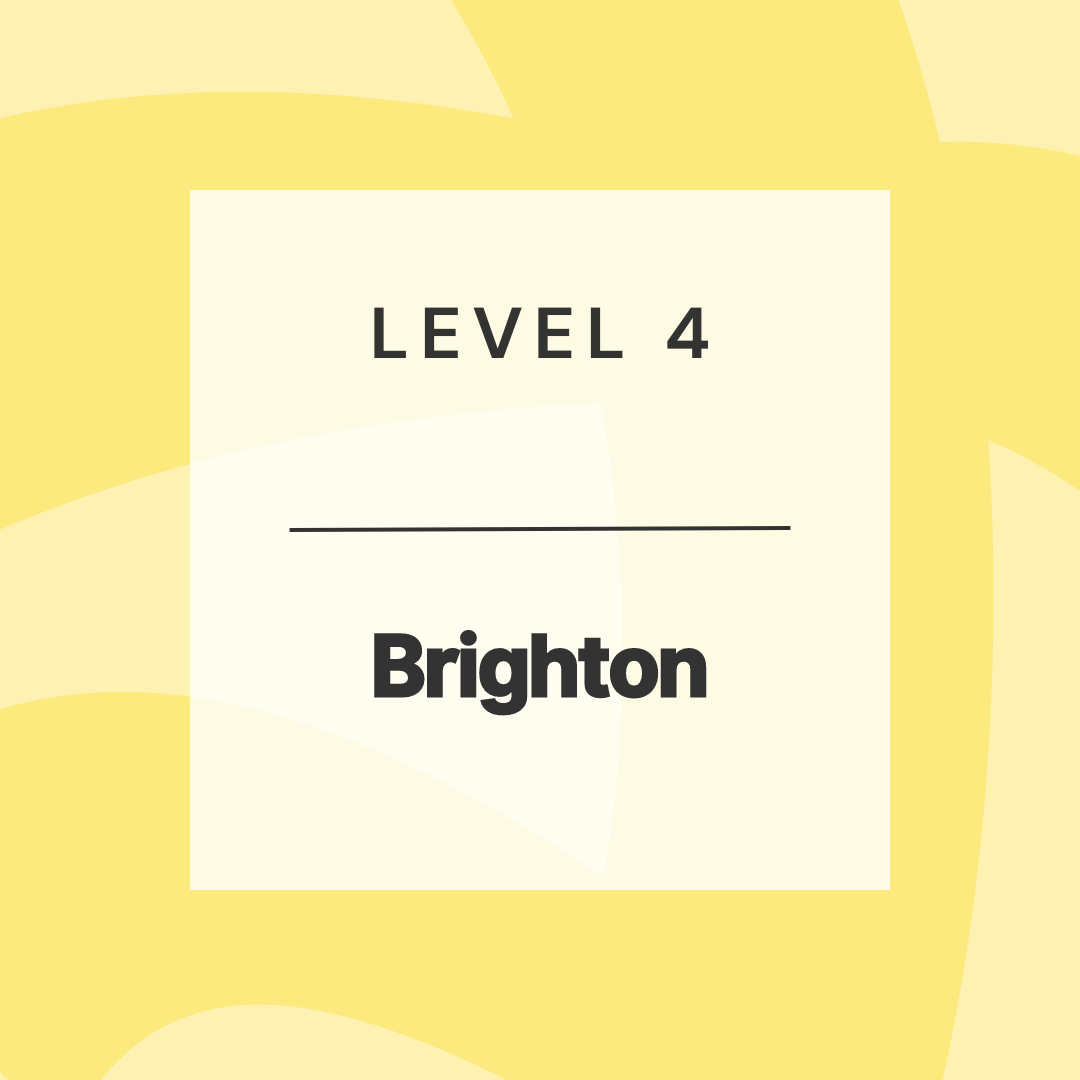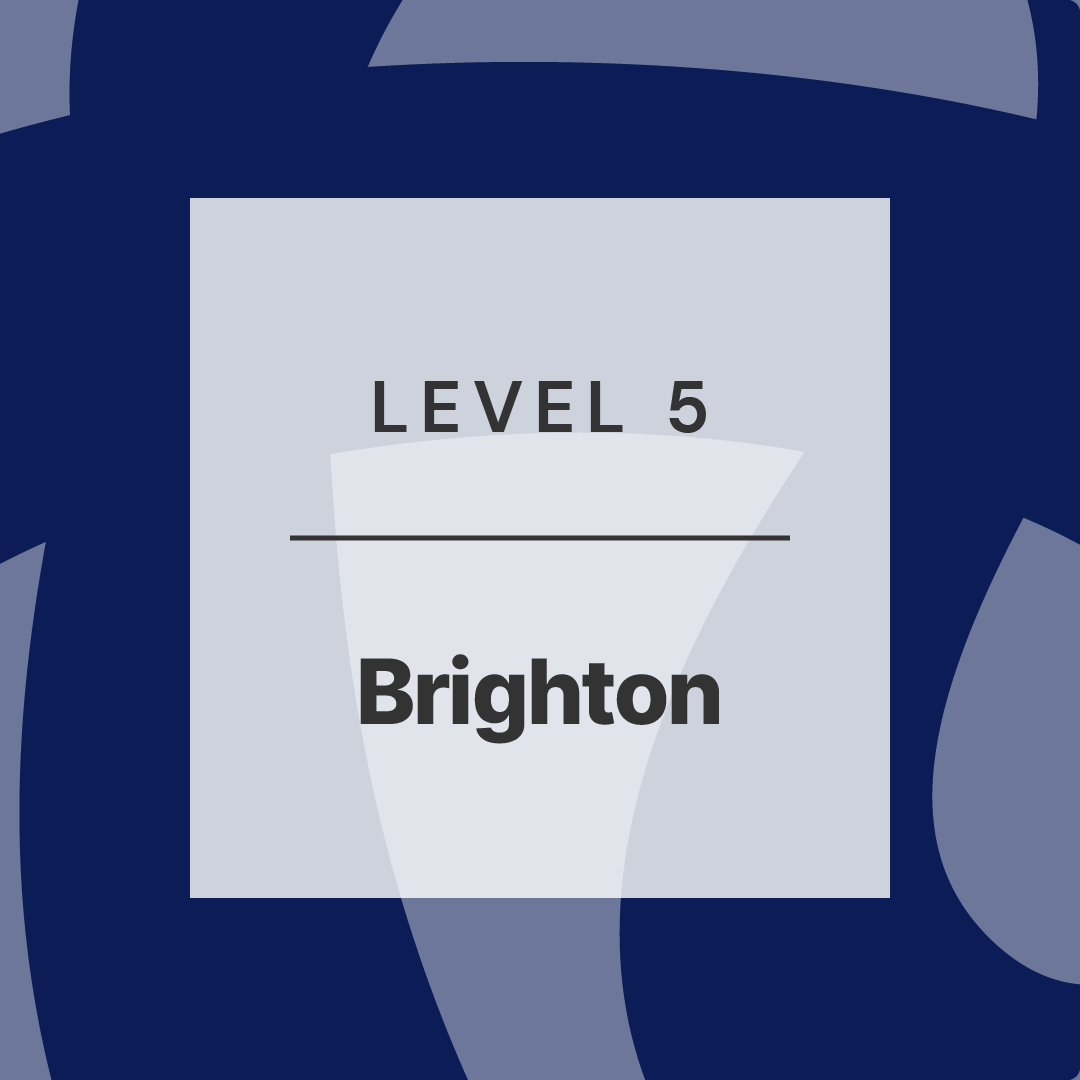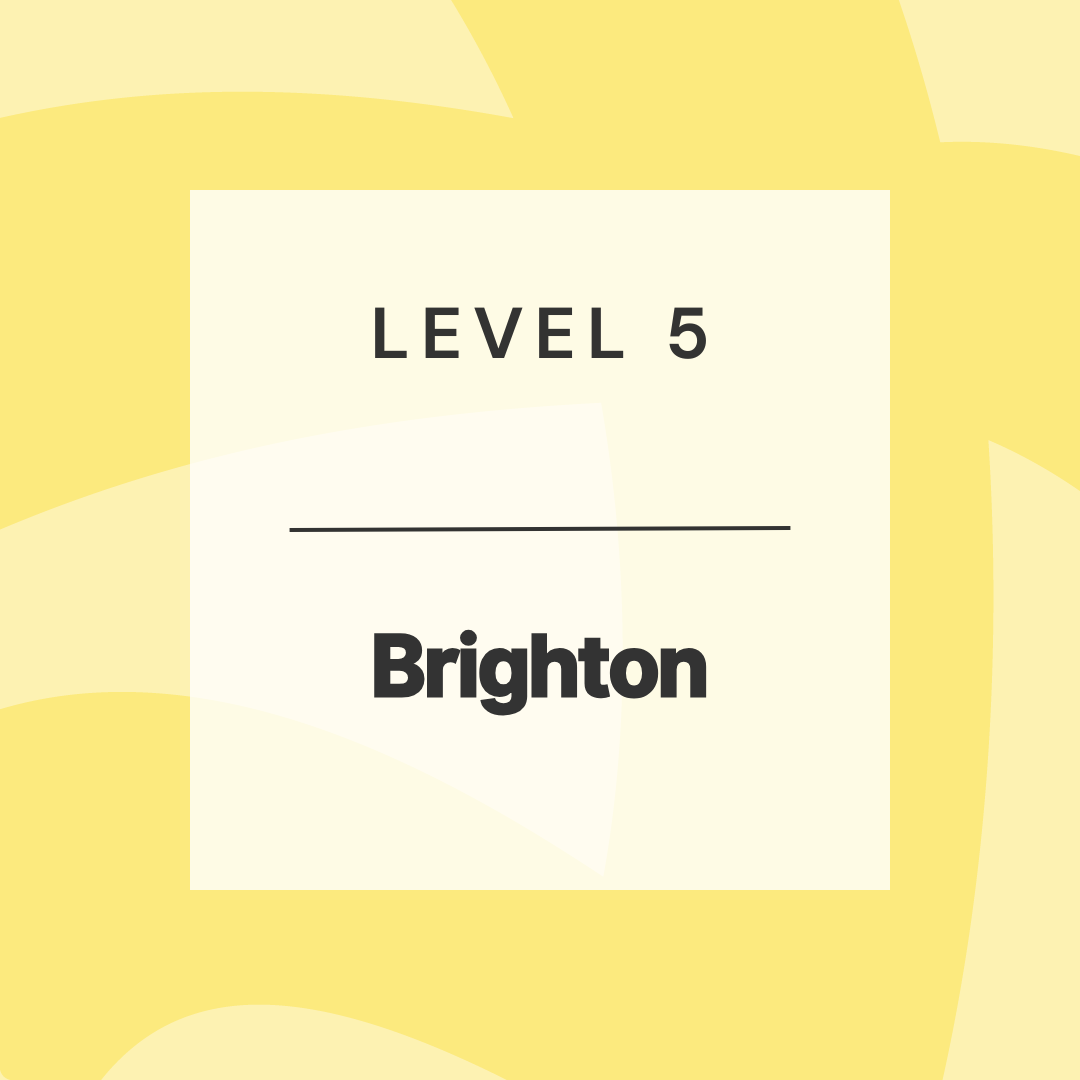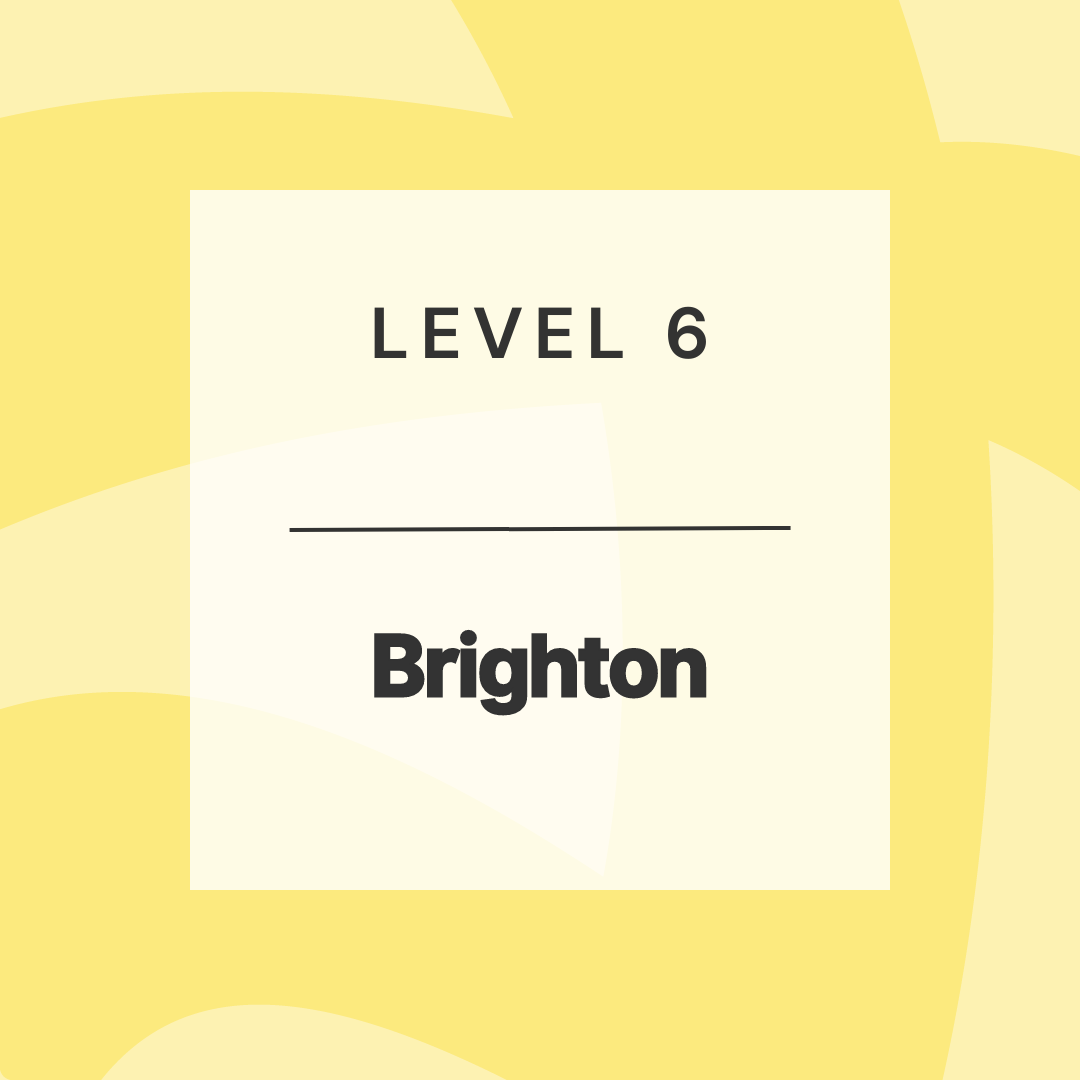Core Improv Skills (Levels 1-4)
AndAlso’s improvisation courses in Brighton will help you be calmer, creative, and confident in all kinds of circumstances, whether or not you are a professional creative. They are fun, practical, and full of laughter. You might even make a friend or two.
Our courses follow an improv training process divided into 12-week levels, which will take you from a first-time improviser to a confident performer. Levels 1-4 form the core of our improv training process, offering a solid foundation in scenes, group work, character, story, and many other essential improv skills. This improv progression guides you through the learning stages, helping you navigate the training steps and development journey.
We recommend that you take our levels in order, but if you have taken improv classes elsewhere, you can email us at hello@andalsoimprov.com to discuss which level would suit you. See here for our course policies.

